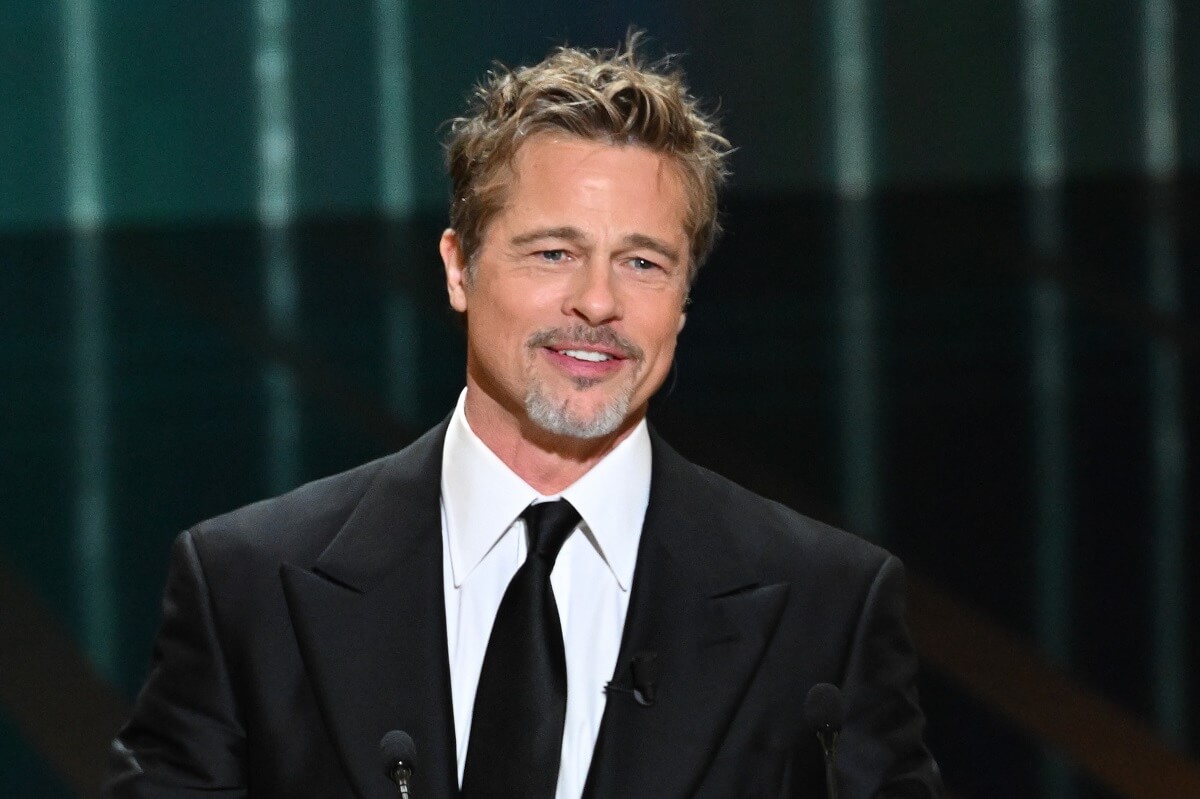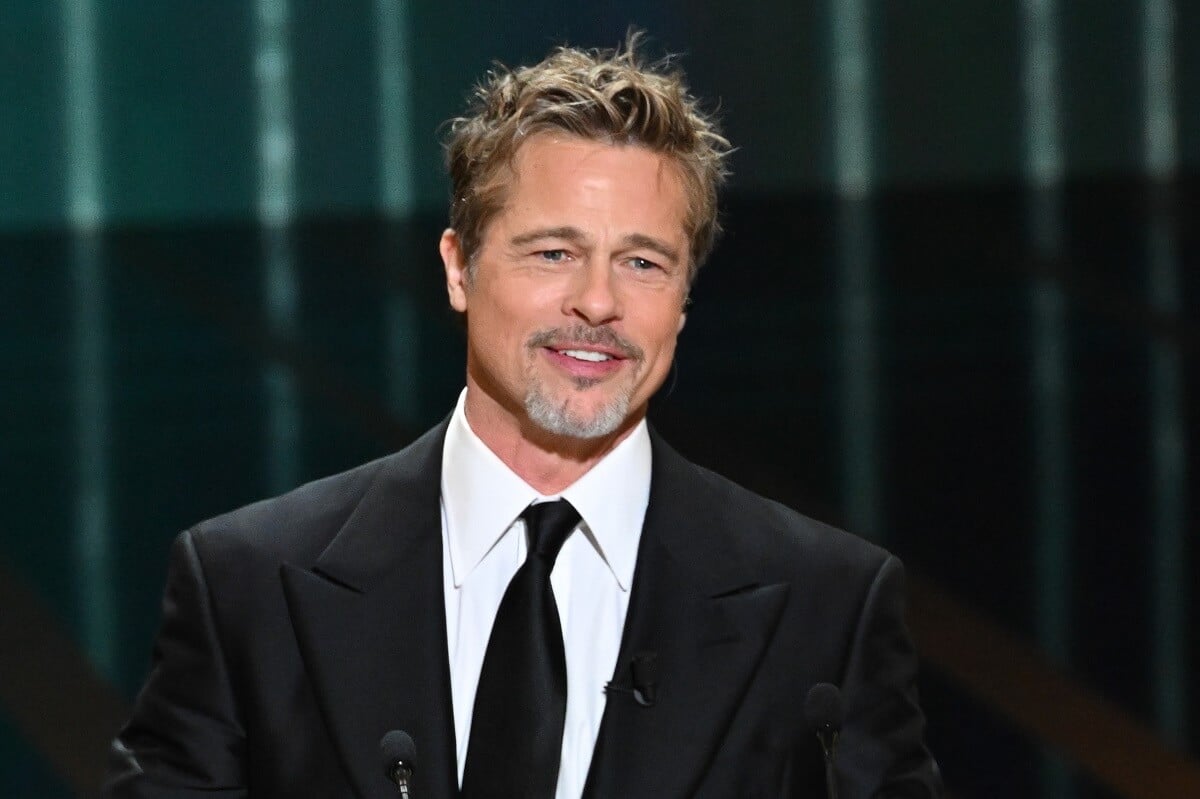
Brad Pitt Was Threatened With a Lawsuit After Abandoning This Russell Crowe Movie
Brad Pitt was once replaced by Gladiator star Russell Crowe in a film Pitt was passionate about. When the Seven actor abruptly left the project at the last minute, however, it led to chaos behind the scenes. So much so that Pitt almost went to court for quitting the feature.
Brad Pitt was almost sued after walking out on ‘State of Play’ due to creative differences

State of Play was supposed to reunite Pitt with his Fight Club co-star Edward Norton. The 2009 feature was based on the 2003 BBC television series of the same name, and was helmed by director Kevin Macdonald. But there were changes made to the original script for State of Play that Pitt didn’t take a liking to.
The Oscar-winner urged Macdonald and his writers to revert back to the original State of Play script. Macdonald and his crew, however, stuck with the second draft.
With the parties unable to reach a compromise, Pitt left the project on short notice. His departure caused a delay for State of Play, which eventually led to Norton abandoning the feature as well. This resulted in stirring temporary bad blood between Pitt and the film’s studio, who threatened to sue Pitt. Talks of legal action against Pitt ended when the studio found Russell Crowe to replace him. Landing Crowe reassured the studio that the film would still get made.
Despite the controversy and chaos surrounding State of Play, Macdonald held no grudges.
“It’s amicable. I have no bad feelings towards him except that it was at the very last minute and that was tough on me and the studio,” Macdonald once told The Guardian. “Actually, it was a fiasco. A week before shooting, I was left with this $2m set of a newspaper room; it was dressed and ready to go. I was thinking it was all going to be knocked down unless I could find another actor.”
Why ‘State of Play’ director felt lucky he didn’t work with Brad Pitt after all
State of Play saw Crowe playing a journalist that investigates the death of a politician’s mistress. The movie’s cast was rounded out by Ben Affleck, Rachel McAdams, Helen Mirren and Jeff Daniels. Affleck would co-star in the film as a politician and Crowe’s close friend, which was the part originally reserved for Norton.
In hindsight, the filmmaker felt the friendship dynamic between Crowe and Affleck worked better than it would’ve with Pitt and the Incredible Hulk star. Given Pitt’s physical features, Macdonald didn’t think Pitt would’ve fit playing an out-of-luck and lonely journalist.
“In a way, I was lucky it didn’t work out with Brad,” Macdonald once said according to Female First. “The relationship between the journalist and the politician was meant to be between somebody who feels inferior, who’s a bit of a sclump, who kind of can’t get a girlfriend, and somebody he’s looking up to and admires – his polished political friend.”
How Brad Pitt and Edward Norton would’ve seen their ‘Fight Club’ roles switched in ‘State of Play’
Fight Club and State of Play couldn’t have been any more different from each other. But the 2009 political thriller might have seen Norton and Pitt take on a bit of a role reversal from their Fight Club counterparts. In the David Fincher feature, Pitt’s Tyler Durden is a clever, handsome, and charismatic leader that others couldn’t help follow. He was the type of person that Norton’s character aspired to be.
State of Play would’ve seen elements of this dynamic flip. As the politician, Norton would’ve been the more confident character who Pitt would idolize and envy. But Macdonald even felt Pitt knew that this fictional relationship between himself and Norton wouldn’t have translated well on screen.
“I just couldn’t see how it would work. And we both realized, although we were probably both in denial at the time, that actually he wasn’t right for the part of journalist Cal McAffrey,” Macdonald said. “The dynamic between the journalist and the politician Stephen Collins has to be one in which the former admires the latter and feels slightly unworthy in his presence.”


